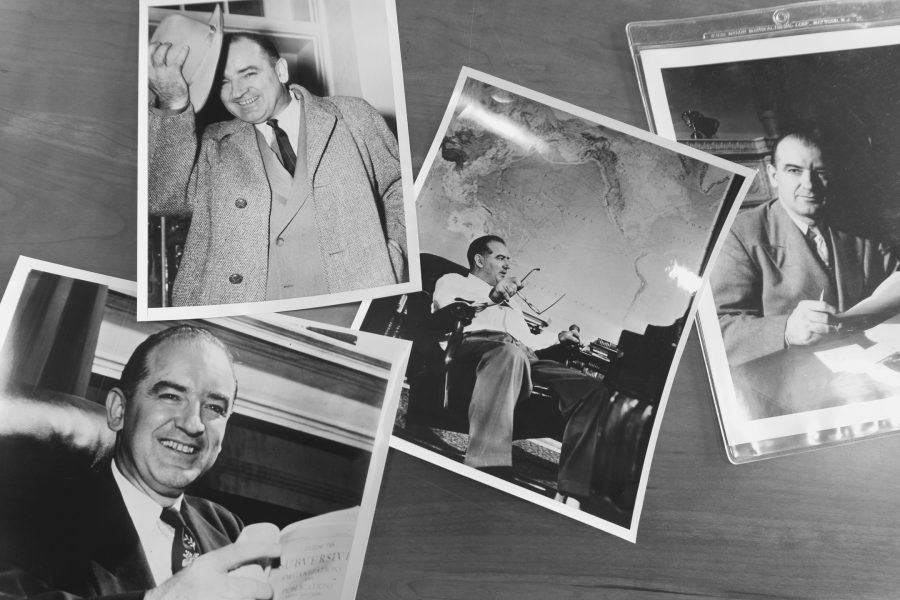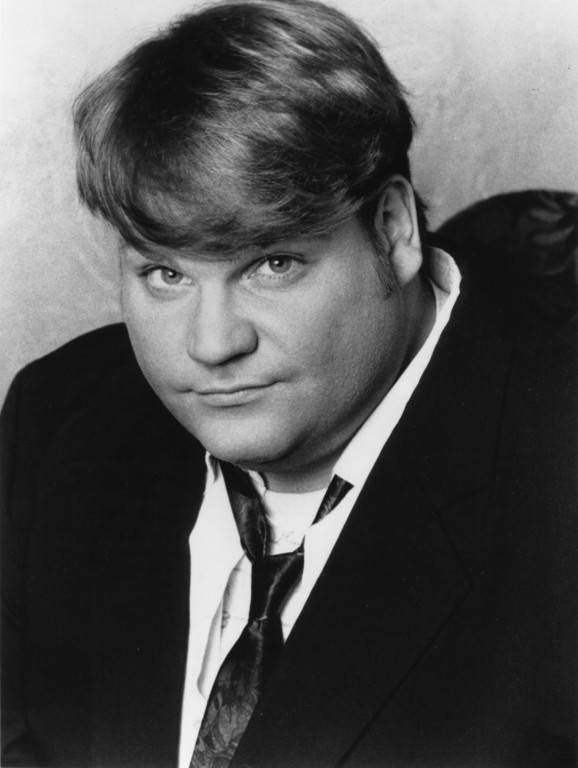For decades, a set of private materials on former Wisconsin Senator Joseph McCarthy have sat in the Raynor Memorial Libraries, where they will remain sealed until the death of McCarthy’s daughter.
McCarthy, an alumnus of Marquette Law School, is best known for his investigations during the 1950s that attempted to expose members of the United States Army and government suspected of having Communist ties. The term “McCarthyism” is used by his critics to refer to unfair allegations, especially against people accused of being communist. McCarthy’s private materials are sealed in the libraries at the request of Joseph Minetti, the second husband of McCarthy’s widowed wife Jean.
Marquette first received the McCarthy papers in 1961, but Jean Minetti requested the materials be closed for research uses. After Jean’s death in 1979, Joseph Minetti refused to give the libraries any of McCarthy’s papers still in the family’s possession unless Marquette kept them sealed until 2050. While he softened his stance in 1988 and gave Marquette the remaining papers, he did so on the condition McCarthy’s private files be closed to the public for the lifetime of Tierney Grinavic, McCarthy and Jean’s adopted daughter.
Marquette received Jean Minetti’s materials over other institutions such as the Wisconsin Historical Society and Stanford University’s Hoover Institution. One of the libraries’ archivists, Phil Runkel, said Father Raphael Hamilton, the founder of Marquette’s Special Collections and University Archives, was instrumental in getting the papers.
“(Hamilton) was here throughout the McCarthy era and sympathized with McCarthy,” Runkel said. “Very soon after McCarthy’s death, he contacted Jean Minetti.”
The private files include McCarthy’s Senate files, manuscripts, marine corps records and campaign records. Interested researchers can look at the libraries’ public McCarthy files, which Joseph Minetti also consented to the release of in 1988. These public files include press clipping and recordings of speeches.
Runkel said the libraries are continuing to explore options that would allow for the opening of the papers earlier than the date requested by the family.
“We’ll certainly make an announcement as soon we can,” he said. “We know a lot of people are interested, even to this late date.”
As of now, only archivists like Runkel have viewed the sealed files for sorting and storage reasons. Runkel said despite the intrigue around the sealed files, people might be disappointed in their contents once they’re finally revealed.
“From what I know from the sealed files, there’s nothing that would substantially alter what’s known about McCarthyism, his charges or his personal life,” Runkel said.
Alison Efford, an associate professor of history, said anti-communist politicians like McCarthy became popular during the 1960s because of American fears during the Cold War.
“At the time, there was a lot of public fear of the U.S.S.R. and what it wanted to do,” she said. “There were also politicians that exploited that fear for their own objective.”
Richard M. Fried, a professor emeritus of history at the University of at Illinois at Chicago, has previously written books on McCarthy including “Nightmare in Red: The McCarthy Era in Perspective” and “Men Against McCarthy.”
Fried is currently working on a new McCarthy project and utilized Marquette’s available McCarthy materials, a decision he said was simple. “I’m writing a biography of McCarthy and this is the largest collection of papers of his,” Fried said.
Fried said he acknowledges the limits of the collection in the parts that are closed to the public, but said it’s especially useful for the years preceding McCarthy’s election. The materials on McCarthy before his years in the senate were donated by McCarthy’s nephew in 1990 and have been open ever since.
Runkel said Grinavic has not responded to requests discussing the papers.
“She has ignored any requests or inquiries, just doesn’t speak about it or address McCarthy, his papers or access to them,” Runkel said. “That is her right, of course. She’s not a public person and we have to respect that.”




